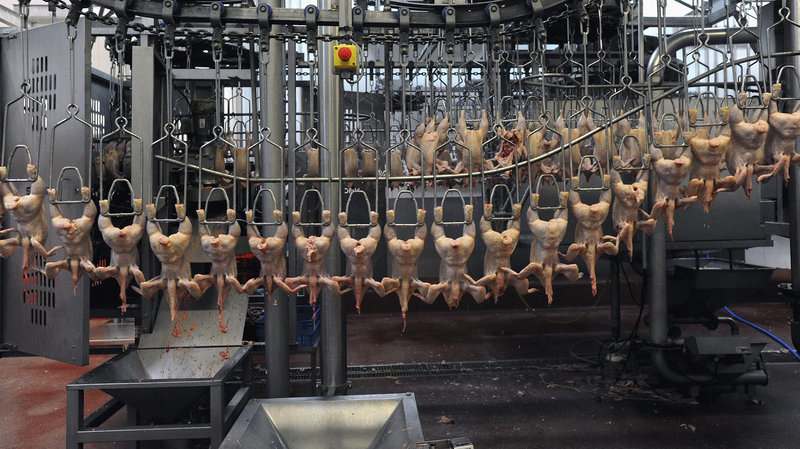Last week, while scrolling through my Facebook timeline, an event invitation popped up: “10-10: Sound the alarm against TTIP!” Triggered by this title, I clicked on the pop-up and landed on the page of a protest organized by, among others, Greenpeace, FNV (the Dutch labor union) and the political parties SP and GroenLinks. I’d heard about TTIP before, but it definitely got my full attention when I saw over 9000 people are attending the protest.
Although TTIP is a hot topic, some of you might not have heard about it before. TTIP stands for Transatlantic Trade & Investment Partnership, which is a free trade agreement the European Union and the United States are negotiating about since 2013. The general idea of this agreement is to make mutual trade between the EU and the US easier, mostly by abolishing import tariffs and reconciling product regulations and standards.
Sounds like a good idea, you might think. Especially when you know that the EU and the US trade goods and services worth hundreds of billions of euros per year. A free trade agreement will therefore most likely result in economic growth, more jobs, cheaper products (new pair of Nikes, anyone?) and new opportunities for small and medium enterprises.
However, free trade comes with a price. There are concerns that the agreement will lead to a decrease in standards in the areas of food safety, environment, privacy and working conditions. An issue that has come up a lot is “chlorine chicken”: in the US poultry is sanitized in chlorinated water, something that has been banned in the EU since the 1990s and is now considered disgusting by most Europeans.
Furthermore, TTIP includes the so-called investor-state dispute settlement (ISDS), a legal instrument that allows companies to claim compensation if a foreign government changes regulations that affect their investments negatively. A lot of people are concerned that this will limit the space a democratic government has to change its laws.
The governments of the EU would do good to take these concerns very seriously. Although free trade agreements between the EU and other countries have been signed in the past (e.g. with South-Africa, Mexico and Chili), TTIP would be by far the biggest bilateral trade deal ever negotiated, covering about half the entire world GDP(!!). In this sense, TTIP can be considered a major institutional innovation, that might set an example for a lot of trade deals yet to come. It therefore deserves all the attention it can get, in order to negotiate the deal in such a way that all stakeholders are taken into account. Not only the economists and technocrats that seem to only be interested in how much money can come out of this deal, but in particular the citizens of the EU, who are afraid of the effects TTIP might have on their lives. Our governments should not dismiss their emotions as irrational, because they can indicate important moral aspects of this innovation and might shed a new light on the negotiations. In other words, the “technocratic pitfall” should by all means be avoided. On the other hand however, policy makers also have to watch out for the “populist pitfall”, by acknowledging these concerns too easily and concluding that this risky innovation cannot be implemented because there is no public support. What politicians should do, is take public concerns seriously and integrate them in an open and broad debate, by asking the opinions of citizens, social organizations, experts, scientists, etc.
Given the fact that a European citizens’ initiative against TTIP has already been signed by 3 million people, there is a long way to go until an agreement can be reached that will satisfy this part of our society that is clearly motivated to stop TTIP altogether. I wish our politicians success and above all, wisdom with respect to this decision. Now all that is left for me, is to consider if I find this protest on the 10th of October worth the effort of getting up early and taking the train all the way to Amsterdam. Who knows, I might see you there!
Image: A poultry processing plant in France. Europe banned treating chicken carcasses with chlorine in the 1990s out of fear that it could cause cancer. Copyright Christophe Di Pascale/Corbis
